Have you ever wondered what goes into creating the beautiful T-shirt or a Kurti you are wearing?

It is more than a few rupees!
It’s the precious air you breathe, the water you drink, and the earth you stand still on.
Wonder how?
Let’s dive into the world of Cotton and discover the hidden impact of our clothing choices.

Is Cotton Called The World’s Dirtiest Crop?

Cotton is one of the most popular fabrics, and you might be wearing one. It would be shocking to know that what you wear is considered one of the dirtiest fabrics ever!

No, we’re not referring to the stains on your fabric but rather its ecological footprint. The ‘dirt’ it carries is the heavy use of pesticides and insecticides in cotton cultivation. This soils our land and contaminates our water and air, creating an unhealthy environment for plants and animals. It disrupts the delicate balance of nature, rendering the Earth a less hospitable place to live.
Let’s delve deeper into the environmental repercussions of cotton cultivation and explore ways to make our planet a cleaner and safer home for all.
Excessive Water Consumption

Cotton consumption accounts for as much as 2.6% of global water use (Hoekstra and Chapagain, 2008). Often criticised for its excessive water usage, cotton is not solely to blame for environmental concerns. The real issue lies in how it’s grown. The high demand for cotton has led to monoculture, where the same soil is used repeatedly, causing soil degradation. Unhealthy soil loses its ability to retain water nutrients and becomes a breeding ground for pests. A verified statistic by Transformer’s Foundation states that It takes 1,931 litres of irrigation water and 6,003 litres of rainwater to produce 1kg of cotton lint, roughly equivalent to a t-shirt and a pair of jeans.

To compensate, farmers use more water, fertilisers, and pesticides. It’s clear that the problem is not the inherent needs of the cotton plant but the unsustainable farming practices. A shift towards sustainable agriculture, focusing on soil health and reducing environmental impact, is crucial to address this. Only then can we enjoy the benefits of cotton without harming our environment.
Heavy Use of Pesticides
The heavy use of pesticides harms our environment, creating lasting consequences. While farmers use these chemicals to protect their crops, they must understand that these pesticides don’t stay in the fields. They linger in the soil, water, and air, entering the food chain and eventually affecting humans. This can lead to severe health issues, impacting both mental and physical well-being, not only for consumers but also for the farmers using these chemicals.

Cotton production, accounting for about 14% of global insecticide use, adds to this problem. Pesticides from cotton fields contaminate nearby water sources, harming aquatic life and affecting communities downstream. This interconnected impact emphasises the need to reevaluate farming practices to ensure environmental sustainability and the health of consumers and farmers.
Use of GMO Cotton Seeds in India
In India, a whopping 80% of cotton comes from genetically modified (GMO) seeds, developed in laboratories initially introduced with high hopes of resisting common pests. However, the reality unfolded differently.

Pests that were initially unaffected by these seeds began to adapt, and soon, the once-controlled pests reappeared.

As a consequence, farmers who had invested in these expensive seeds found themselves having to purchase additional chemicals (pesticides), which many could not afford. Moreover, since these seeds were modified, farmers had to buy new ones every year, adding to their financial burden.

This situation has led to significant losses for farmers, including too many debts, reduced harvests, and tragically, cases of suicide. Despite these challenges, GMO cotton continues to dominate the market in some regions, leaving farmers with limited alternatives. The urgency to adopt smarter and more sustainable agricultural practices has never been clearer. This involves a comprehensive approach considering both the environmental and economic aspects of farming.
Problems with Conventional Cotton
Conventional cotton brings serious problems that affect both our health and the environment:

Environmental Pollution
Conventional cotton farming relies heavily on chemical pesticides and fertilizers. The runoff from these chemicals contaminates soil and water, leading to environmental pollution.

Toxic Chemical Residues
The chemicals used in conventional cotton cultivation can affect the quality of the cotton fibers. These chemicals may include pesticides, herbicides, and synthetic fertilizers. As a result, the fabric produced from conventional cotton could also contain residues of harmful substances. These chemicals can remain on the cotton fibers even after processing. When these fabrics come into contact with the skin, they may cause skin irritation, allergies, or more severe health issues. Inhaling these toxins is also a major concern.

Water Usage
Large-scale irrigation for cotton cultivation contributes to water scarcity and depletion of water resources. The Aral Sea’s shrinkage in Central Asia is an example of the environmental impact of excessive water use in cotton farming.

Unethical Practices
Conventional cotton farming often involves practices that are not environmentally or ethically sustainable. The use of synthetic chemicals or GM seeds can disrupt the ecological balance, harm beneficial organisms, and lead to the degradation of natural resources, making it a non-ethical choice.

Health Problems for Farmers
Farmers involved in conventional farming experience severe health issues, including pesticide poisoning, respiratory problems, and various other symptoms. This might shock you that around 1 million farmers end up in hospital each year due to pesticide poisining.

Lack of Certifications
Conventional cotton lacks certifications like GOTS (Global Organic Textile Standard), that ensure that the entire production process, from cultivation to processing, meets stringent criteria for organic and sustainable practices.
What is the Solution?

In the search for a better tomorrow, the answer to the problems tied to conventional cotton is a straightforward choice – embrace organic cotton. This switch offers a sustainable solution, bringing in natural pesticides, traditional seeds, and eco-friendly methods. Choosing organic cotton isn’t just about changing fabrics; it’s about creating a more resilient and responsible future. It’s a small choice with a big impact, painting a greener and more sustainable picture for the cotton industry. To learn more about the benefits of organic cotton, read our next article.







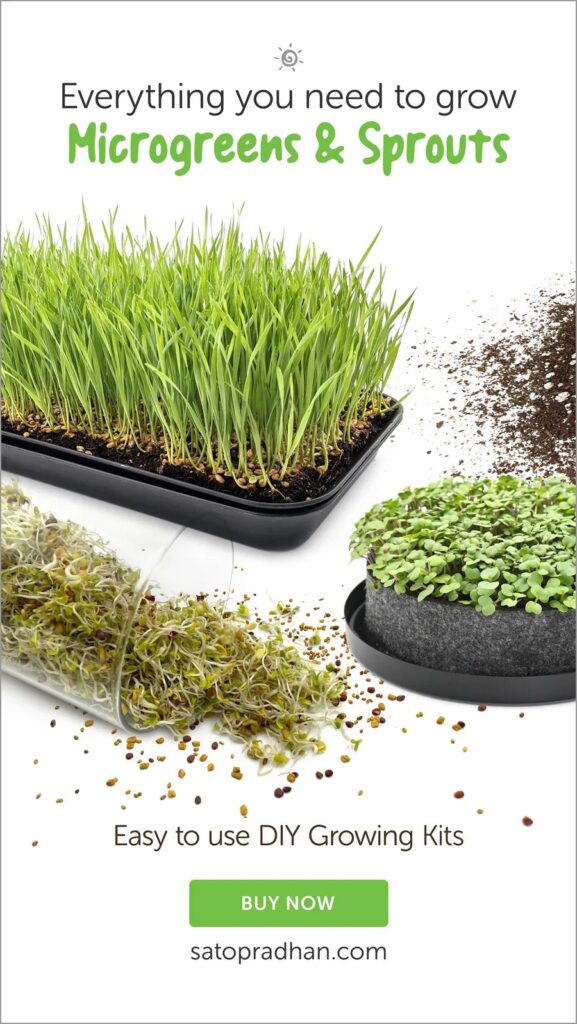
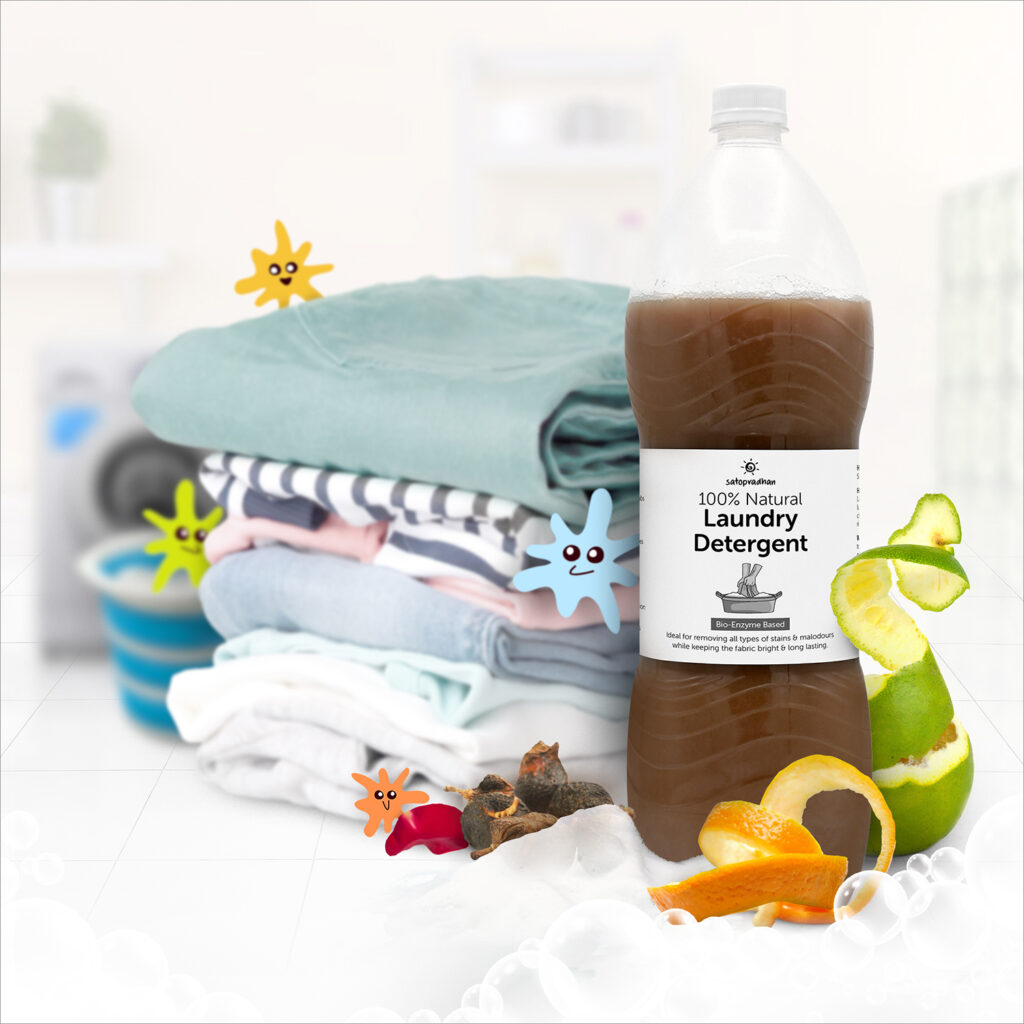
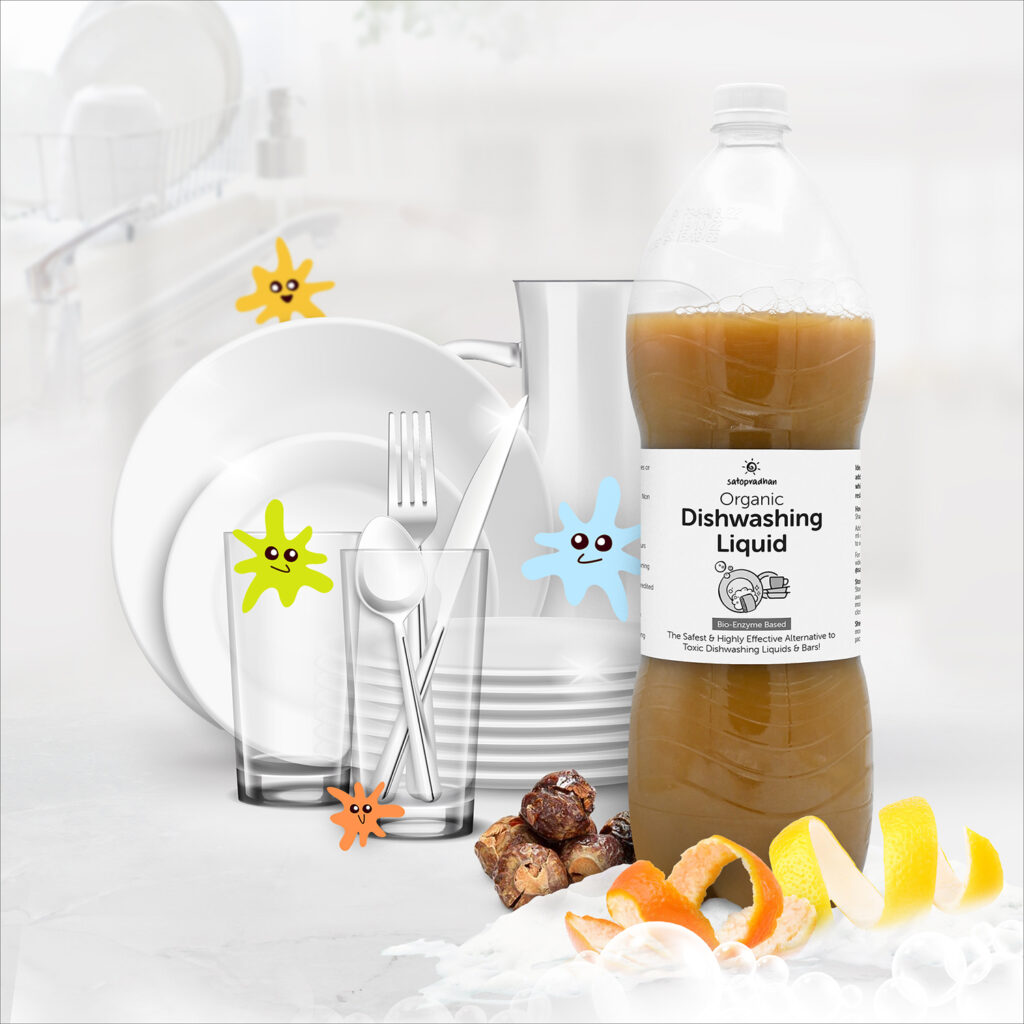

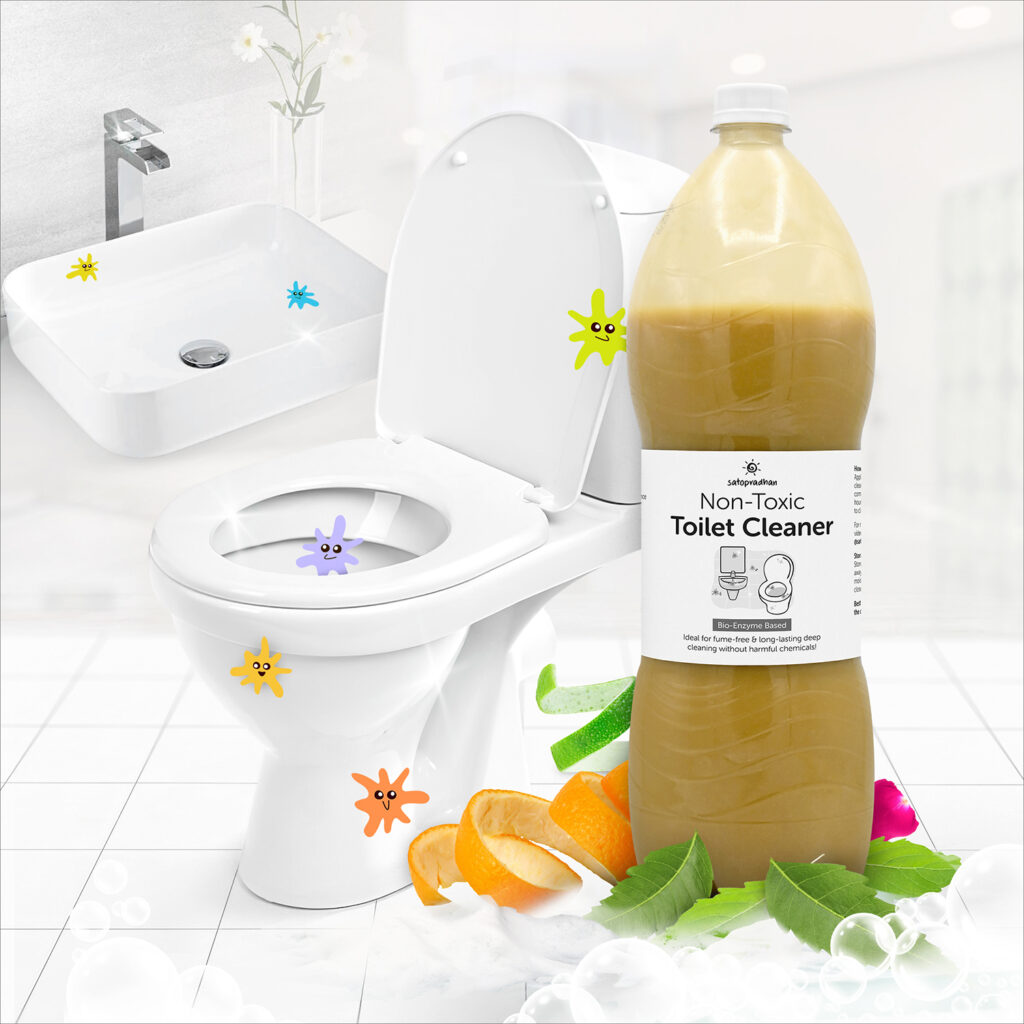

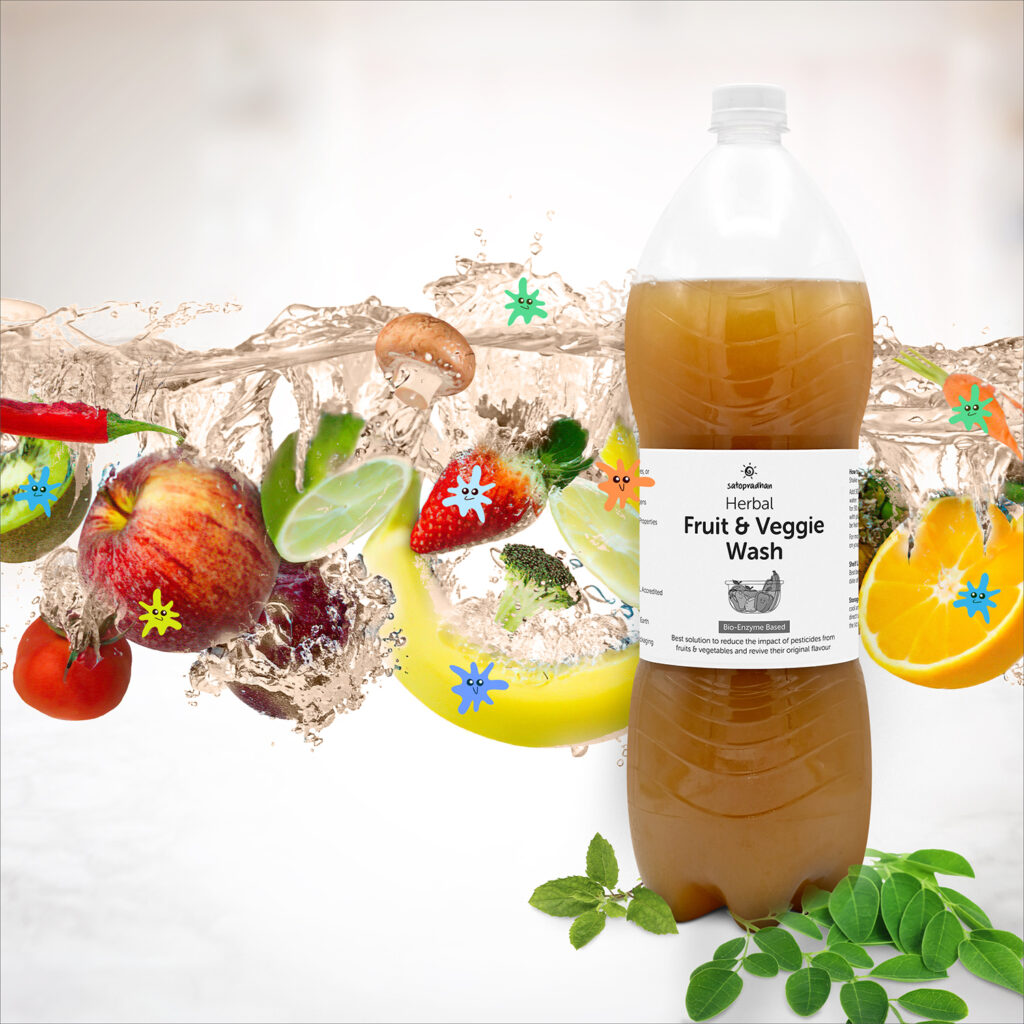
No Comments